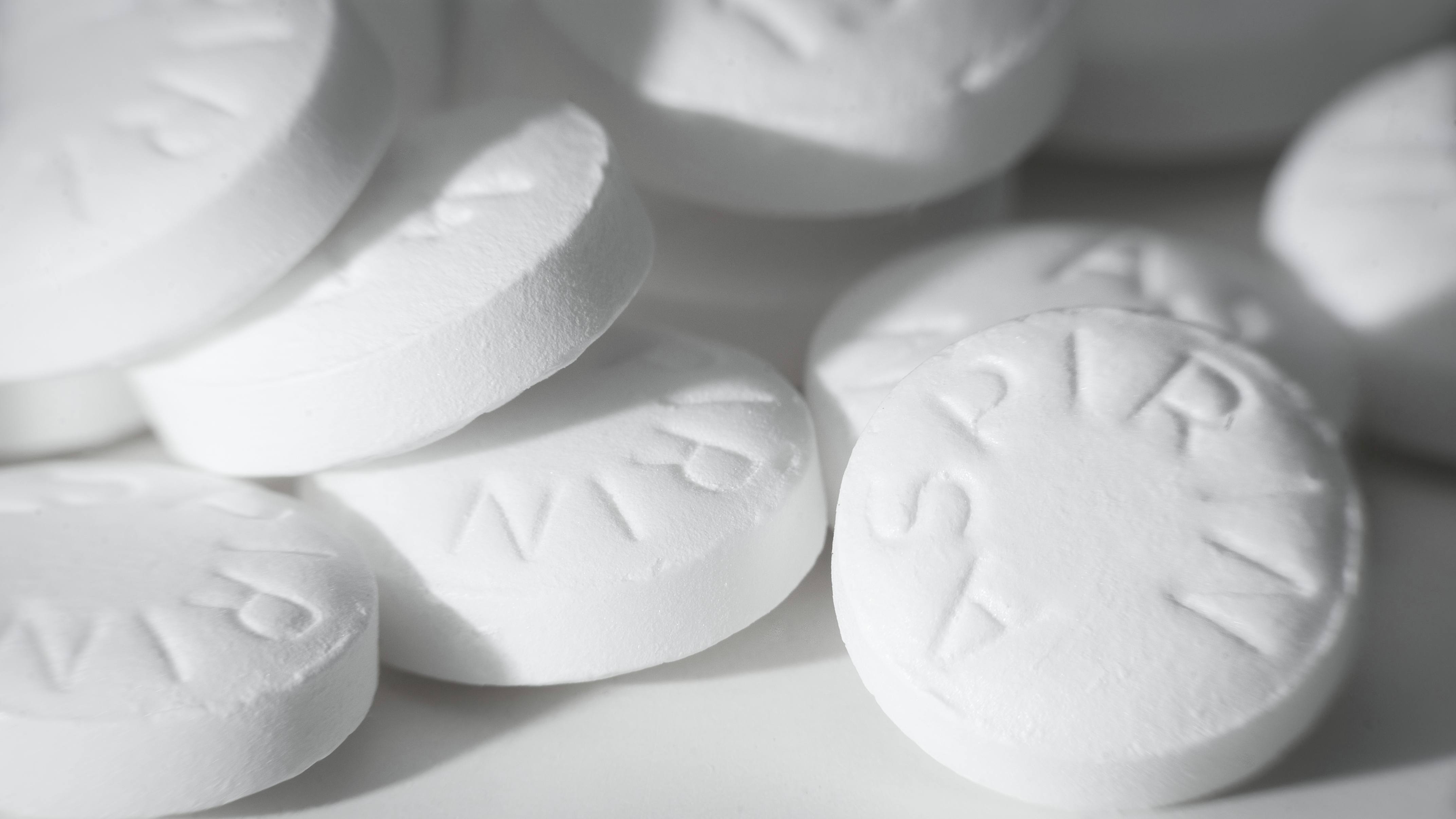
Millions of Americans are reportedly taking a daily aspirin to help prevent heart disease, and they may not need it. That's according to research published Monday in the journal Annals of Internal Medicine.
The survey found that some people are taking aspirin without recommendation from a health care provider and without having previous heart or stroke events.
The research was conducted before new guidelines were released by the American College of Cardiology and the American Heart Association in March 2019. Those guidelines said a daily aspirin is no longer recommended for older adults who don't have a high risk of or existing heart disease.
And in 2018 a study published in the New England Journal of Medicine also stated that baby aspirin isn't necessary for good health.
Mayo Clinic cardiologist Dr. Stephen Kopecky, who was not involved in either study, says, "The 2018 NEJM study showed that giving aspirin to all patients to try to reduce heart attack was not beneficial." The study included more than 19,000 people over 65 in Australia and the U.S.
"If you are taking daily aspirin, it is important to know that while your risk of heart attack goes up as you age, your risk of bleeding on aspirin goes up even more." adds Dr. Kopecky.
However, there is still evidence a daily low-dose aspirin can reduce the risk of recurrence for someone who has already had a stroke or heart attack.
Dr. Kopecky says the risk factor can be determined by using an American College of Cardiology tool that estimates the risk for atherosclerotic cardiovascular disease.
“If you have heart disease, which means that the arteries to your heart are narrowed, and don’t have a history of bleeding, then it may be helpful to be on aspirin and you should ask your health care provider about it." says Dr. Kopecky. "She or he can help provide the information needed, like cholesterol levels ... and help interpret your risk score and help you make a plan to lower it, which is primarily a change in lifestyle.”







